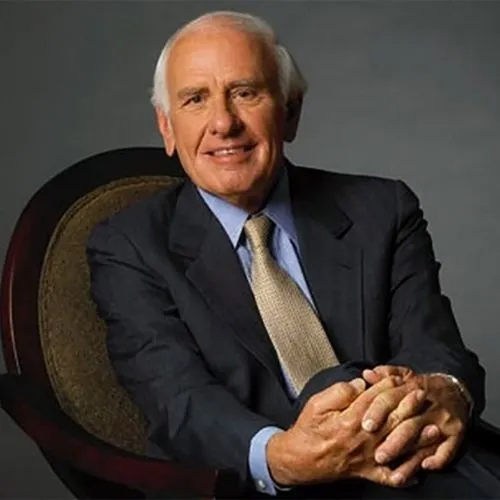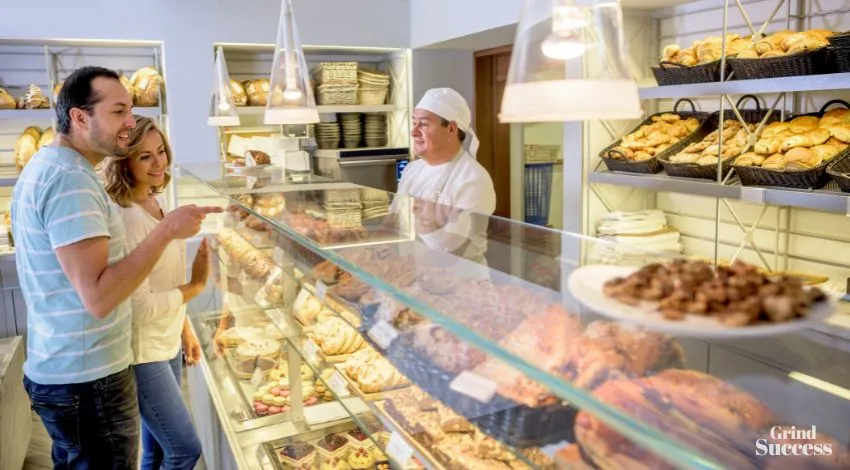GET READY TO START A REAL ONLINE BUSINESS
Here all the topics, expert advice, tips, and resources will help you start a business from scratch.

Entrepreneur Magazine
GrindSuccess is a global media and branding company for entrepreneurs. We educate and inspire today’s founders to become tomorrow’s business icons.
We connect millions of people with some of the most successful living entrepreneurs of our generation including Richard Branson, Arianna Huffington, Mark Cuban, and many more.
GrindSuccess breaks down these leaders legendary strategies and experiences into actionable, battle-tested content through magazines, articles, and online courses—so our worldwide community of entrepreneurs can build and grow the next generation of renowned businesses.
Need Help With Naming or Branding To Build Your Business?
We offer our clients ready-made business name ideas in our brand marketplace and we also offer a professional business naming service.
Logo Design
Logo is the main part of branding, that why we offer unlimited revisions on logo design services for free.
Business Naming
The right Business name makes getting new customers easy!
Brand Identity
The right Business name makes getting new customers easy!
Free AI Writing Tools
Build your brand
Craft the look and feel of your brand and help customers connect with your business.

Generate a business name
Find a name that fits your personality and business idea.
Business Name Generator
Get a custom web domain
Establish your business and let customers find your store online.
Domain Name Generator
IN THIS ISSUE
EXCLUSIVE INTERVIEWS WITH THE WORLD’S BEST ENTREPRENEURS, AVAILABLE ONLY IN GRINDSUCCESS MAGAZINE.
Over 10,380 People Are Subscribed
Subscribe to Get Newsletter to learn strategies and tactics from successful Entrepreneurs!

“If you don’t design your own life plan, chances are you’ll fall into someone else’s plan. And guess what they have planned for you? Not much.”
— Jim Rohn, American Entrepreneur



![How To Start A Digital Marketing Agency? - [Read This Guide] How To Start A Digital Marketing Agency](https://grindsuccess.com/wp-content/uploads/2022/09/How-To-Start-A-Digital-Marketing-Agency.webp)

![How To Start a locksmith Business Step by Step [2024] How To Start a locksmith Business Step by Step](https://grindsuccess.com/wp-content/uploads/2022/09/How-To-Start-a-locksmith-Business-Step-by-Step.webp)

![How To Choose a Perfect Name For Your Business [Ultimate Guide] Name Your Business](https://grindsuccess.com/wp-content/uploads/2022/03/How-to-Name-Your-Business.webp)




![6 Tech Business Ideas With Low Investment in [2024] Tech Business Ideas With Low Investment](https://grindsuccess.com/wp-content/uploads/2022/09/Tech-Business-Ideas-With-Low-Investment.webp)

![7 Business Ideas To Earn More Profit This Year [2024] Business Ideas To Earn More Profit This Year](https://grindsuccess.com/wp-content/uploads/2022/09/7-Business-Ideas-To-Earn-More-Profit-This-Year.webp)
![16 Highly Profitable Food Business Ideas To Start Now [2024] Food Business Ideas](https://grindsuccess.com/wp-content/uploads/2023/03/Food-Business-Ideas.webp)
![10 Best Truck Business Ideas to Start in [2024] Truck Business Ideas](https://grindsuccess.com/wp-content/uploads/2023/02/Truck-Business.webp)


![Learn How to Boost Organic Traffic to Your Website Using Social Media in [2024] Organic Traffic Using Social Media](https://grindsuccess.com/wp-content/uploads/2023/10/boost-website-traffic-using-media.webp)






